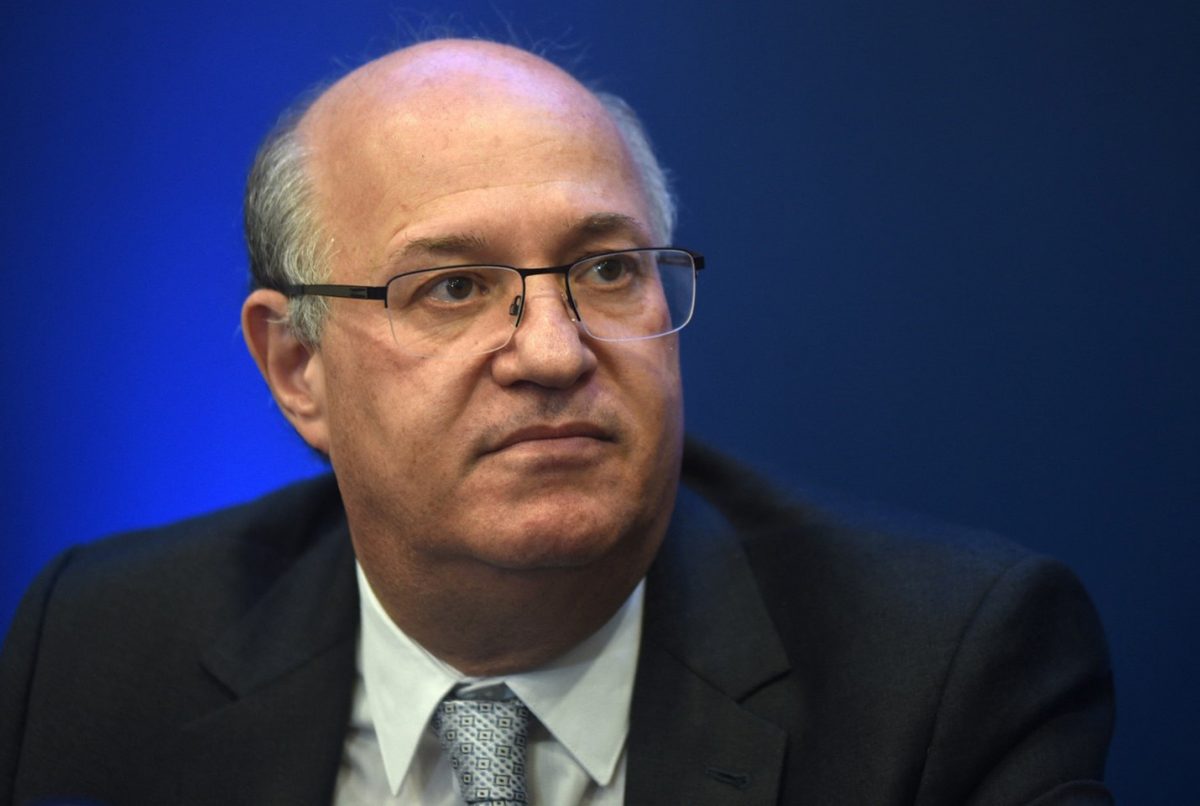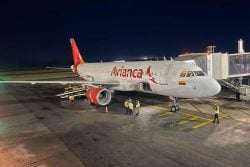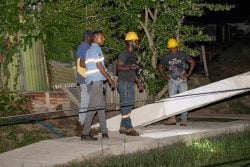MEXICO CITY, (Reuters) – The Inter-American Development Bank yesterday announced the launch of a regional security alliance against crime that brings together 18 governments across Latin America and the Caribbean as well as several international finance institutions.
“Security needs to be part of the solution for our economic progress,” IDB President Ilan Goldfajn told reporters ahead of the project’s launch in Barbados, saying countries worried about the cost of crime had requested the initiative.
“Organized crime has no national borders,” he said. “We’re trying to organize ourselves into a regional initiative.”
Crime costs on average 3.4% of gross domestic product across the region, according to a recent IDB study, amounting to nearly 80% of public budgets for education, double social assistance and 12 times research and development spending.
The IDB is providing $1 billion in financing for projects aligned with the initiative next year, Goldfajn added, and plans to mobilize public and private donors to raise more funds.
The IDB said projects include the regional sharing of criminal records among alliance members, and meetings to discuss money laundering tied to illegal mining in the Amazon. Goldfajn said the plan has a strong social focus, looking to reduce communities’ vulnerabilities, as well as strengthening police, state justice institutions and hitting financial crime.
The alliance has notable regional exceptions such as the United States, which Goldfajn said would not participate. Goldfajn said the IDB was in talks with Mexico and Colombia, two other exceptions, which could join later.
The alliance also includes the Organization of American States, the Caribbean Community, INTERPOL, the World Bank and regional development banks.
Last year, CARICOM leaders declared violent crime a public health issue and pledged a series of measures such as regional arrest warrants, a ban on assault weapons and support for a Mexican lawsuit seeking to hold U.S. gunmakers accountable for illegal trafficking to criminal groups outside its borders.
The case has gone to the U.S. Supreme Court. Some 51% of traced firearms in Central America come from the United States, according to U.S. government data, as well as 68% in Mexico and 80% across the Caribbean.





